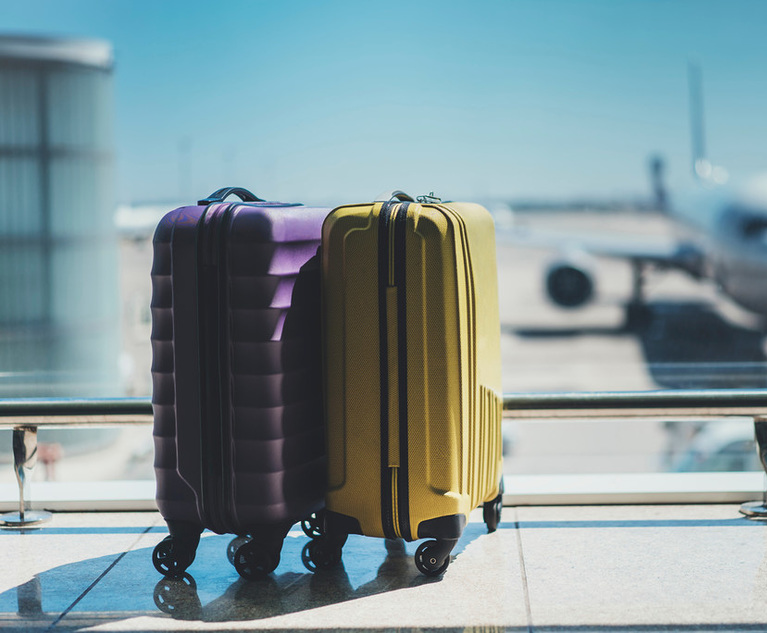 Incentive travel programs have many benefits for insurance companies (Credit: iana_kolesnikova/Adobe Stock)
Incentive travel programs have many benefits for insurance companies (Credit: iana_kolesnikova/Adobe Stock)
In today's ever-evolving job market, it is essential for insurance providers to retain employees and keep them motivated to achieve top-performing results. One of the most effective ways to achieve this goal is through the implementation of incentive travel programs. These programs help differentiate insurance companies from their competitors, and significantly increase employee engagement and productivity, while also positively affecting the company's bottom line.
Recommended For You
Want to continue reading?
Become a Free PropertyCasualty360 Digital Reader
Your access to unlimited PropertyCasualty360 content isn’t changing.
Once you are an ALM digital member, you’ll receive:
- Breaking insurance news and analysis, on-site and via our newsletters and custom alerts
- Weekly Insurance Speak podcast featuring exclusive interviews with industry leaders
- Educational webcasts, white papers, and ebooks from industry thought leaders
- Critical converage of the employee benefits and financial advisory markets on our other ALM sites, BenefitsPRO and ThinkAdvisor
Already have an account? Sign In Now
© 2025 ALM Global, LLC, All Rights Reserved. Request academic re-use from www.copyright.com. All other uses, submit a request to [email protected]. For more information visit Asset & Logo Licensing.








